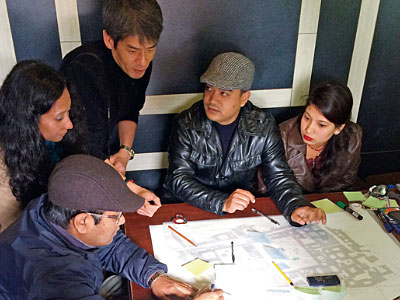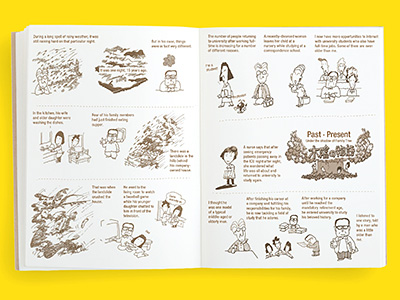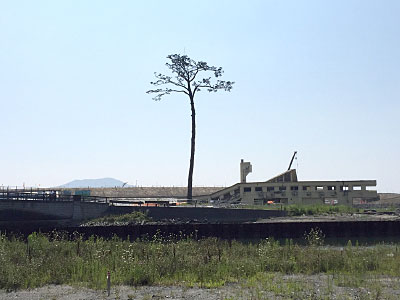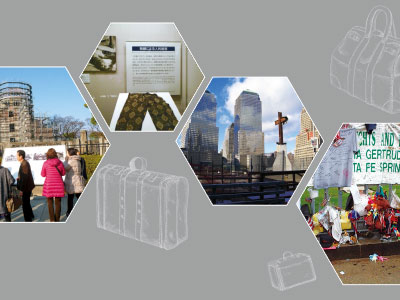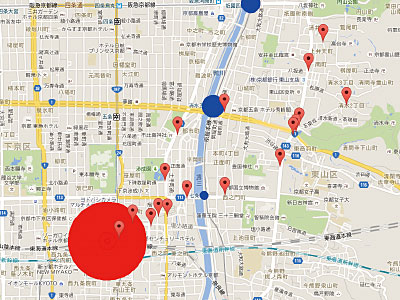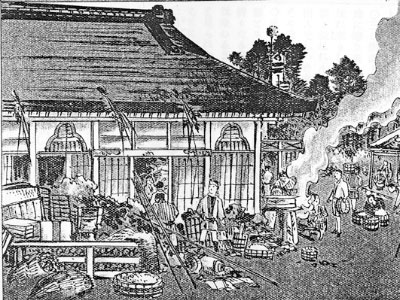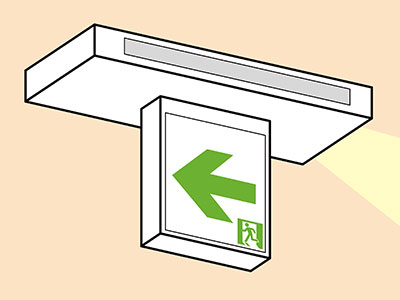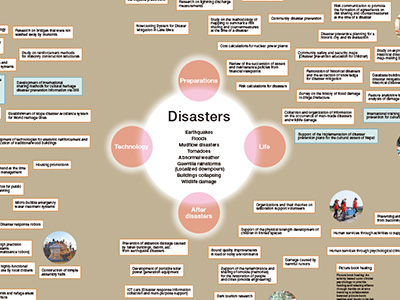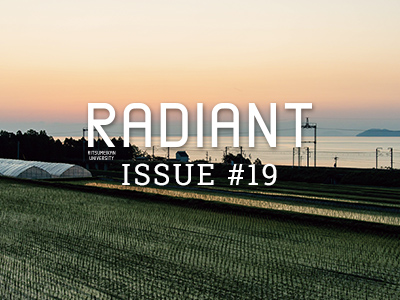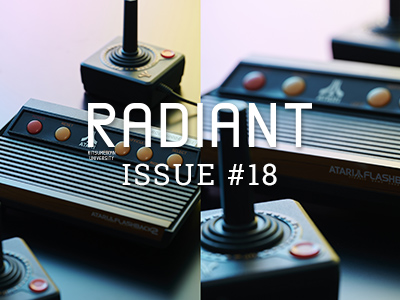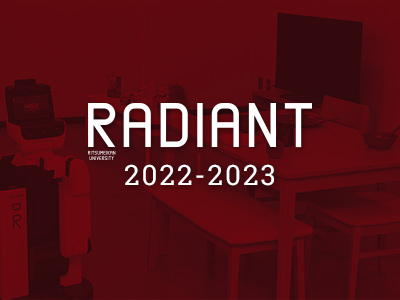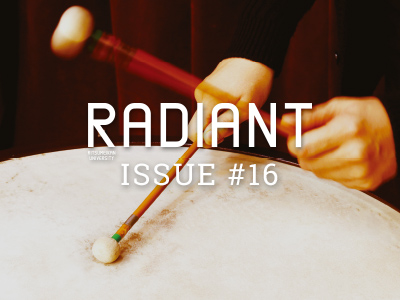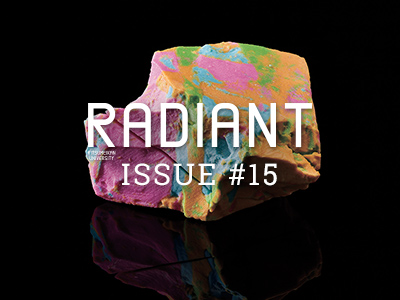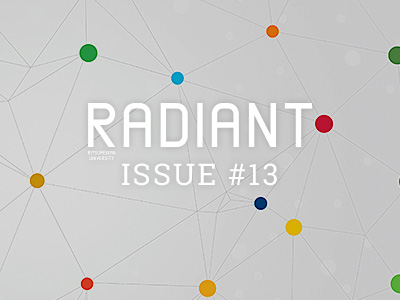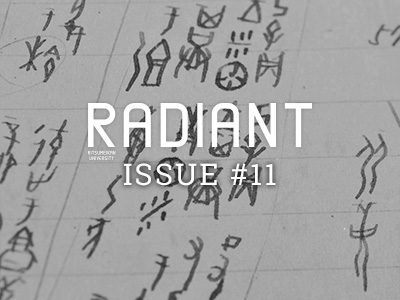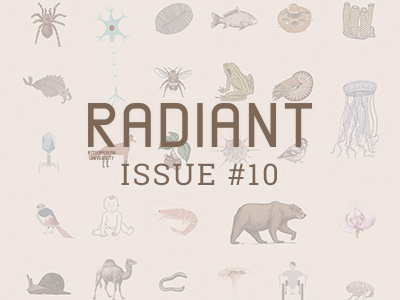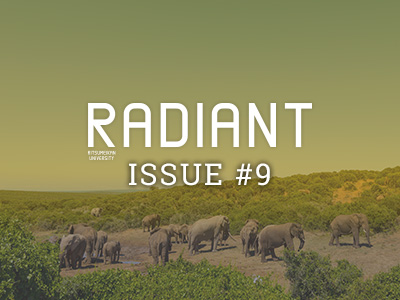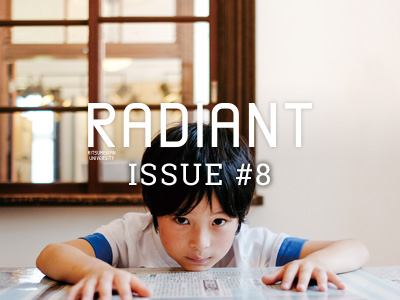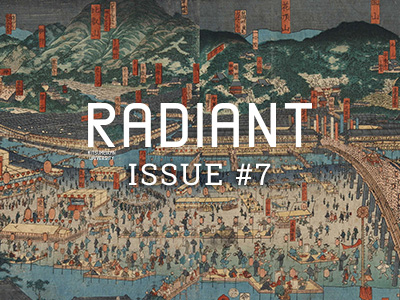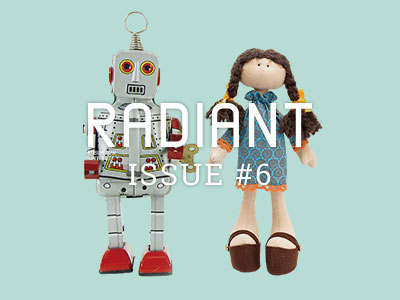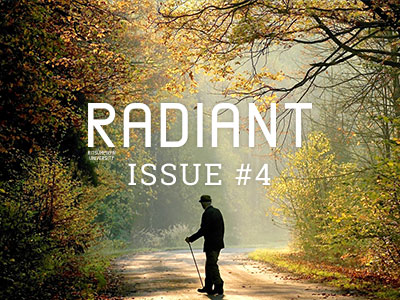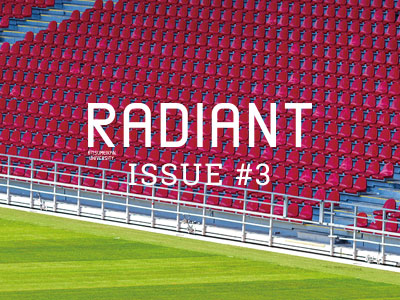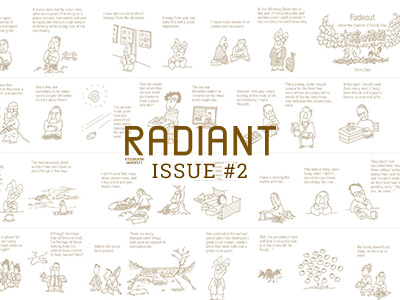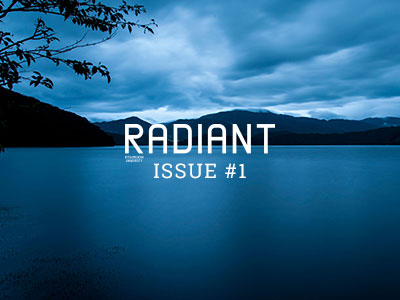STORY #8
Being a witness to disaster and restoration
10-year project of human services
Kuniko Muramoto
Professor, Graduate Schoolof Science for Human Services
Shiro Dan
Professor, Graduate Schoolof Science for Human Services
Continuing to pay attention with interest is a driving force to stand up again
The Great East Japan Earthquake not only caused the death of many people but also brought overwhelming loss and confusion to survivors. This has lasted up to the present day and has also become even more complicated over time with the spread of mental health issues such as PTSD.
"Before serious damage, there isn't much the Science for Human Services can actually do," says Kuniko Muramoto, who has been deeply involved in this clinical field as a specialist in the Science for Human Services, with some self-reproach.
"Even after being engaged with clinical work on trauma for the past 25 years, I realize how powerless we, the care providers, can be. In the case of serious damage like the current disaster, human services involving listening to people one on one and supporting them over time is not helpful enough. I think ultimately what we can best do is to be present as a person who “continues to witness with care and interest".
In a study of Holocaust victims, Muramoto concluded that the cruelest thing for people who have been treated in an inhumane or unreasonable manner is that no one knows the facts. She goes on to say, "The presence of people who know, mourn and continue to pay attention with interest regarding the victims' unrecoverable losses are a driving force in helping them stand up again. What I first considered in terms of providing support for the Great East Japan Earthquake was to become a witness to the disaster and the restoration.”
Visit the affected areas, establish personal relationships with the survivors and become a witness who remembers their individual lives before the earthquake, the influences brought about by the disaster and the present life of people who continue to survive it. In response to an appeal from Muramoto, the East Japan Family Support Project was launched.
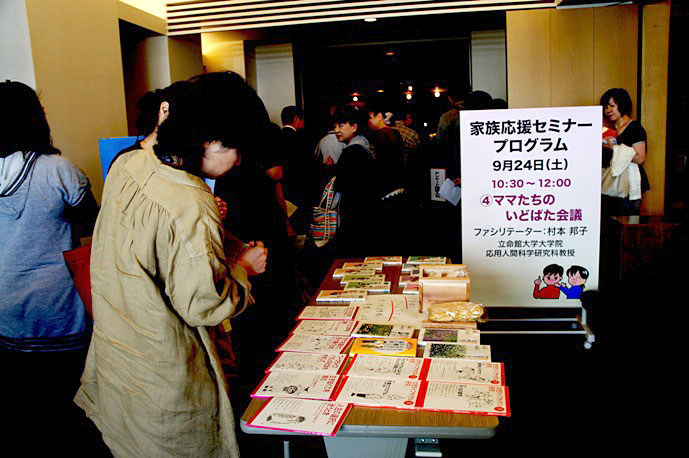
"We will continue with this for ten years." To establish relationships with survivors, Muramoto emphasized the importance of continuing for a long time even if it makes only a small contribution. "Since I announced our intentions right from the start, people accepting us on site felt reassured, and we were able to build relationships of trust." Based on her experiences from the Great Hanshin/Awaji Earthquake, she thought it was necessary to set a "stage" for meeting with people in the communities of the affected areas where the project team had no previous relationships with the locals. Instead of just thinking about what is not available or is lost, it is important to take advantage of what is at hand and the strengths that are available. As a resource of the Graduate School of Science for Human Services, there is the graphic work, "Under the Shadow of Family Tree" by Shiro Dan, an expert in family therapy and a cartoonist.
By turning his comic into panels and hosting a comic exhibition, the project team made a place for people in the community to casually get together, spend time and exchange casual conversation. In addition, not only Muramoto, but also experts on human services and students from Ritsumeikan University held workshops to empower the community. During the workshops, there was training for human service providers engaged in the support of survivors on site, games for children to play, programs to pass on traditions and a variety of other initiatives.
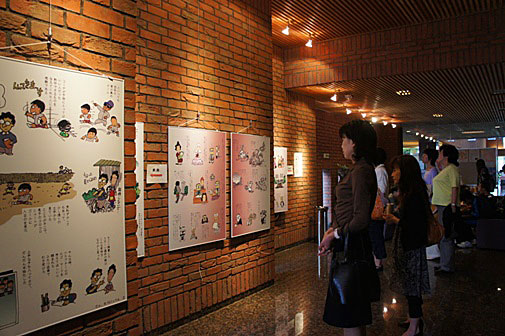

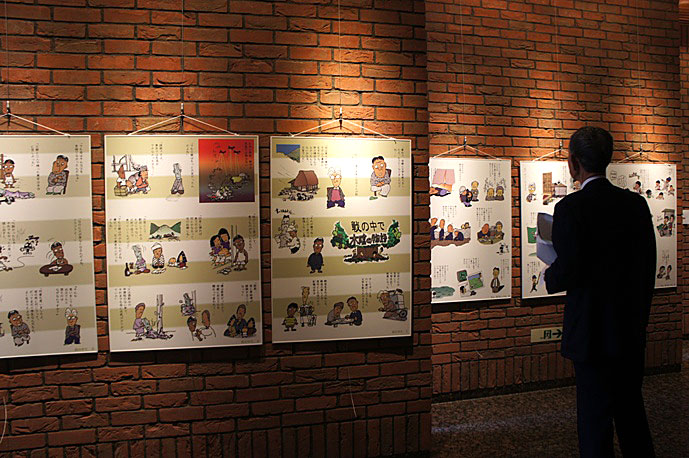
"Under the Shadow of Family Tree" by Dan is a collection of short stories depicting different family episodes It doesn't deal directly with the earthquake disaster or damage; however, during the hosting of the comic exhibition, it became clear that it had a steady power to move people. "When hit by a tragedy that seems unrecoverable, people may lose the strength to stand up again.
However, even if material items are lost, what is inside people can never be lost. People can revive their own stories from their subjective world by recalling their own memories. And, although they are reading stories about other families, when they feel sympathy for other people's lives and feelings, it also helps their own subjective world to be revived," Dan says.
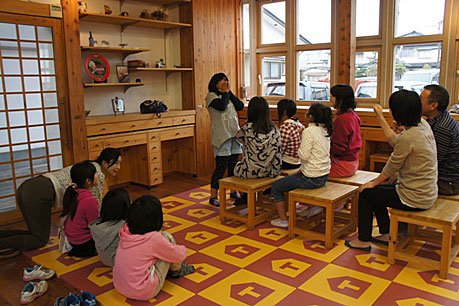
"Five years have already passed since I decided to begin a 10-year project to tour the four prefectures in Tohoku, and there have been voices from the many locals that give our continuous effort a humble meaning- 'It was like that last year’, ‘I can now talk, though I couldn't before,' and 'I want to do it that way next year.'" Muramoto can sense the positive in these quiet responses.
This project has developed in diverse ways. The symposium reporting on the annual initiatives and changes of the affected areas is now in its 5th year as of 2015. In addition, in 2015, as part of the East Japan Family Support Project, to help people feel familiar with the affected areas from far away, Dan's Family Manga Exhibition was held at Sanjo Station of the Keihan Railway in Kyoto. This project has been a practice providing support and at the same time, opportunities for research and education for the participating experts, researchers and students.
The efforts by Muramoto and Dan overturn the traditional methodology of human services in general. "We present a brand new form of support that does not approach the individual’s hearts but the community," Dan says. "We cannot prove it quantitatively, but the people participating in the project have demonstrated steady effects."
As a witness to the disaster and restoration, the initiatives by Muramoto and Dan will continue on.
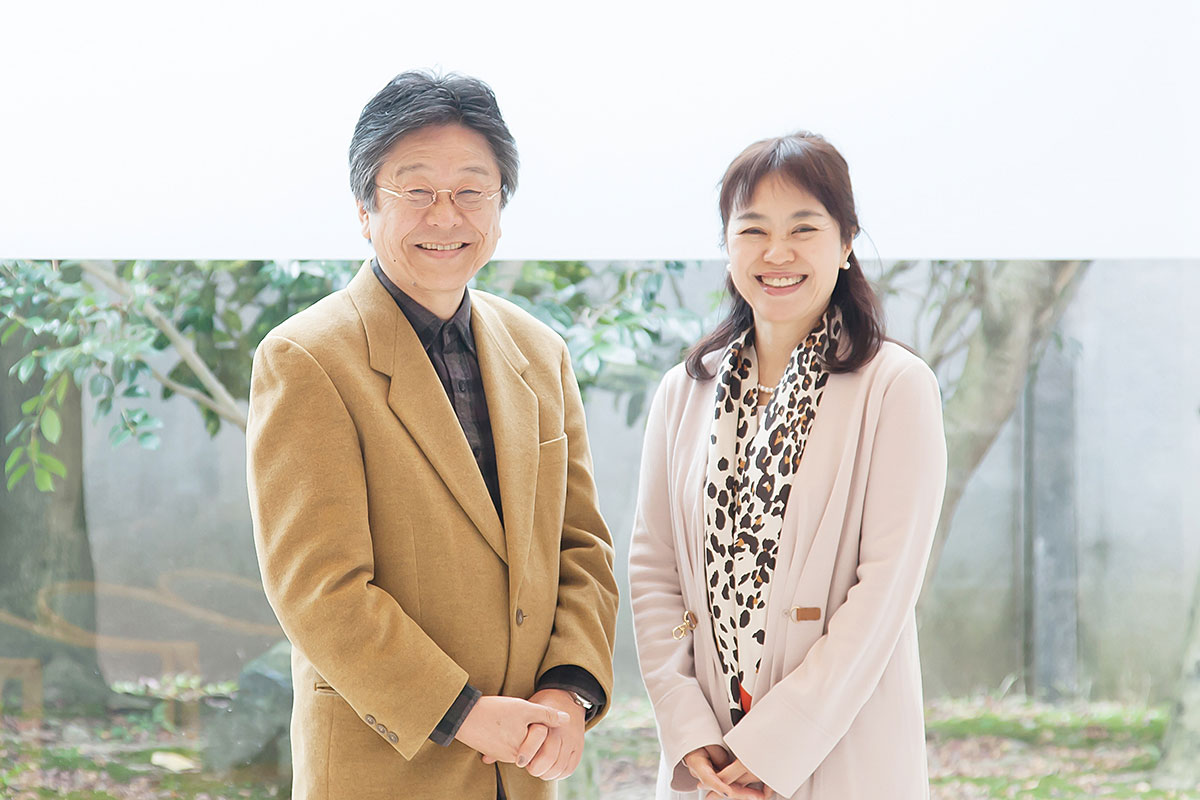
Shiro Dan [Left]
Professor, Graduate School of Science for Human Services
Subject of Research: Actuality of family support
Research Keyword: Family Therapy
Kuniko Muramoto [Right]
Professor, Graduate School of Science for Human Services
Subject of Research: Child-rearing support and prevention of child abuse, clinical support of women and children affected by domestic violence, sexual abuse, and so on, intergenerational trauma caused by war, disaster and so on and peace education
Research Keyword: Clinical Psychology

